Guide to Choosing the Best Roux-en-Y Bypass Doctor in Mexico
.jpg)
If you're considering Roux-en-Y bypass surgery, often referred to as gastric bypass, Mexico has become a leading destination for medical tourism, particularly for bariatric procedures. The prospect of finding the "best" doctor can feel overwhelming, but it's a critical step in ensuring a safe and successful outcome. Many highly skilled and experienced bariatric surgeons practice in Mexico, offering excellent care at a more affordable cost compared to many other countries.
Patients often travel to Mexico for Roux-en-Y bypass due to the combination of quality healthcare and significant cost savings. When searching for a surgeon, it’s important to look beyond just the price tag.
Focus on factors like a surgeon's specific expertise in Roux-en-Y, their credentials, the accreditation of the facility where they operate, and patient testimonials. This guide aims to help you navigate these choices, providing insights into what makes a doctor exceptional for Roux-en-Y bypass in Mexico and answering common questions about this life-changing procedure.
How do I find the best Roux-en-Y bypass doctor in Mexico?
Finding the "best" doctor for your Roux-en-Y bypass in Mexico requires thorough research and careful consideration. Start by looking for surgeons who specialize exclusively in bariatric surgery, particularly Roux-en-Y procedures. A high volume of successful surgeries indicates greater experience and expertise. Websites of medical tourism facilitators, bariatric associations, and independent review sites can be valuable resources for initial screening.
Beyond online searches, consider asking for recommendations from former patients or support groups. Many patients who have undergone Roux-en-Y bypass in Mexico are eager to share their experiences and can offer first-hand insights into specific doctors and clinics. Always cross-reference information and prioritize surgeons who are transparent about their qualifications, success rates, and potential risks.
What qualifications should a bariatric surgeon in Mexico have?
When selecting a bariatric surgeon for your Roux-en-Y bypass in Mexico, their qualifications are paramount. Look for surgeons who are certified by the Mexican Council of General Surgery (Consejo Mexicano de Cirugía General) and ideally by an international bariatric association, such as the American Society for Metabolic and Bariatric Surgery (ASMBS) or the International Federation for the Surgery of Obesity and Metabolic Disorders (IFSO). These certifications indicate adherence to high standards of training and surgical practice.
Additionally, investigate their educational background, the institutions where they received their specialized training, and their continuous medical education. A surgeon who regularly attends conferences and stays updated on the latest surgical techniques and technologies demonstrates a commitment to excellence. Experience, measured by the number of Roux-en-Y bypass procedures performed, is also a crucial qualification, as it directly impacts surgical skill and complication rates.
Are Mexican bariatric clinics accredited?
Yes, many reputable bariatric clinics and hospitals in Mexico are accredited, a vital factor for ensuring patient safety and quality of care for Roux-en-Y bypass surgery. International accreditations, such as those from the Joint Commission International (JCI), are highly regarded as they signify that a facility meets rigorous global standards for patient safety and quality of care. JCI accreditation means the hospital has undergone a comprehensive evaluation of its clinical processes, patient outcomes, and facility management.
Beyond international bodies, ensure the facility is also accredited by relevant Mexican health authorities. These accreditations provide a baseline assurance of safety and regulatory compliance. When researching clinics, always ask about their specific accreditations and don't hesitate to verify them independently. This due diligence is crucial for making an informed decision about where to have your Roux-en-Y bypass in Mexico.
What is the average cost of Roux-en-Y bypass in Mexico?
One of the primary reasons individuals choose Mexico for Roux-en-Y bypass is the cost-effectiveness. The average price for this complex surgery in Mexico generally falls between $7,000 and $12,000. This price typically includes the surgeon's fees, anesthesia, hospital stay, medications during the hospital stay, and sometimes even pre-operative tests and post-operative follow-up consultations. In contrast, the same procedure in the United States or Canada can cost anywhere from $20,000 to $35,000 or more, often without insurance coverage.
It's important to understand that costs can vary based on several factors, including the surgeon's experience, the reputation and location of the clinic or hospital, and the comprehensiveness of the package offered. Always request a detailed breakdown of costs to understand exactly what is included and to avoid any hidden fees. While affordability is a major draw, never compromise on safety or quality of care for a lower price.
What are the benefits of choosing Mexico for Roux-en-Y bypass surgery?
Mexico has emerged as a leading destination for medical tourism, particularly for bariatric procedures like Roux-en-Y bypass, due to several compelling benefits. The most significant advantage is the considerable cost savings, allowing many individuals to afford life-changing surgery that might otherwise be out of reach. These savings don't come at the expense of quality; many Mexican surgeons are highly trained, often with international certifications, and practice in modern facilities.
Beyond cost, patients benefit from reduced waiting times, which can be extensive in other countries. Mexican clinics often provide comprehensive packages that include airport transfers, accommodation, and dedicated patient coordinators, making the entire experience smoother and less stressful. The combination of affordability, expert medical care, and robust patient support makes Mexico an attractive option for Roux-en-Y bypass.
What should I look for in a bariatric surgery package in Mexico?
When evaluating bariatric surgery packages for Roux-en-Y bypass in Mexico, it's essential to understand what is fully included to prevent unexpected costs. A comprehensive package should typically cover the following components:
- Surgeon and Anesthesiologist Fees: Ensure these are clearly itemized.
- Hospital Stay: Confirm the number of nights included and what services are provided during this period.
- Pre-operative Testing: This should cover all necessary blood work, EKG, and other diagnostic tests.
- Post-operative Medications: Pain management and other essential medications during your hospital stay.
- Follow-up Care: Initial post-operative consultations and dietary guidance are crucial.
- Medical Supplies: Such as compression stockings or other necessities.
Some premium packages might also include airport transfers, hotel accommodation for accompanying family, and dedicated patient support personnel. Always ask for a detailed itinerary and a clear list of inclusions and exclusions. It's also wise to inquire about the duration of post-operative support and what resources are available once you return home.
How long is the recovery period after Roux-en-Y bypass?
The recovery period following Roux-en-Y bypass surgery involves several stages. Immediately after the procedure in Mexico, patients typically stay in the hospital for about 2 to 3 days. During this time, medical staff monitor their vital signs, manage pain, and ensure they are stable enough for discharge. Patients will begin a liquid diet and receive instructions on post-operative care.
Once discharged, most patients need 2 to 4 weeks at home to recover from the surgery and gradually return to normal light activities. Strenuous exercise and heavy lifting are usually restricted for 6 to 8 weeks. However, complete recovery and adaptation to the new way of eating and living, including dietary progression and establishing new routines, can take anywhere from 6 months to a year. Regular follow-ups with your surgeon and a nutritionist are vital throughout this period.
What are the potential risks of Roux-en-Y bypass surgery?
Like any major surgical procedure, Roux-en-Y bypass carries potential risks, though significant advancements in surgical techniques have greatly reduced their incidence. It's crucial for patients to be fully informed about these possibilities before proceeding with surgery in Mexico or anywhere else. Common early complications can include:
- Infection: At the surgical site or internally.
- Bleeding: Both internal and external.
- Leakage: From the staple lines where the stomach and small intestine were altered.
- Blood Clots: In the legs (deep vein thrombosis) or lungs (pulmonary embolism).
Long-term risks, which may manifest months or years after Roux-en-Y bypass, include nutrient deficiencies (requiring lifelong vitamin supplementation), gallstones, bowel obstruction, hernias, and dumping syndrome (a condition where food moves too quickly from the stomach to the small intestine). While serious complications are rare, choosing a highly experienced surgeon and following all pre- and post-operative instructions are key to minimizing these risks.
How can I verify a doctor's credentials in Mexico?
Verifying a doctor's credentials is a crucial step when seeking Roux-en-Y bypass in Mexico. One primary resource is the Mexican Council of General Surgery (Consejo Mexicano de Cirugía General), which maintains a registry of board-certified surgeons. You can usually search their database by the surgeon's name to confirm their specialization and certification status.
Additionally, the National Registry of Professionals (Registro Nacional de Profesionistas) allows you to verify a doctor's professional license (cédula profesional). For international recognition, check if the surgeon is a member of reputable international organizations like the American Society for Metabolic and Bariatric Surgery (ASMBS) or IFSO, as these memberships often require adherence to specific professional standards. Don't hesitate to ask the clinic or surgeon directly for proof of their qualifications and confirm them with the relevant bodies.
What is the pre-operative and post-operative care like for Roux-en-Y bypass in Mexico?
Comprehensive pre-operative and post-operative care are essential for the success and safety of Roux-en-Y bypass surgery, and reputable clinics in Mexico prioritize these stages. Pre-operative care typically involves a thorough medical evaluation, including blood tests, cardiac assessments, and sometimes psychological screening, to ensure you are a suitable candidate for the surgery. Patients are also often required to follow a specific pre-operative diet to shrink the liver and prepare the body for surgery.
Post-operative care is equally critical. Immediately after surgery, you will follow a strict dietary progression, starting with clear liquids, then full liquids, pureed foods, soft foods, and finally, solid foods, usually over several weeks. This is guided by a nutritionist or dietitian. Regular follow-up appointments with your surgical team are scheduled to monitor your recovery, weight loss progress, and address any concerns. Lifelong vitamin and mineral supplementation is also a fundamental aspect of post-operative care for Roux-en-Y bypass patients to prevent nutritional deficiencies. Adherence to these guidelines is vital for long-term health and successful weight management.
Ready to explore your options for Roux-en-Y bypass in Mexico? Let PlacidWay guide you. We connect you with world-class bariatric surgeons and accredited clinics, helping you make an informed decision for your health journey. Contact us today to learn more about medical tourism solutions and comprehensive healthcare services tailored to your needs.


.png)


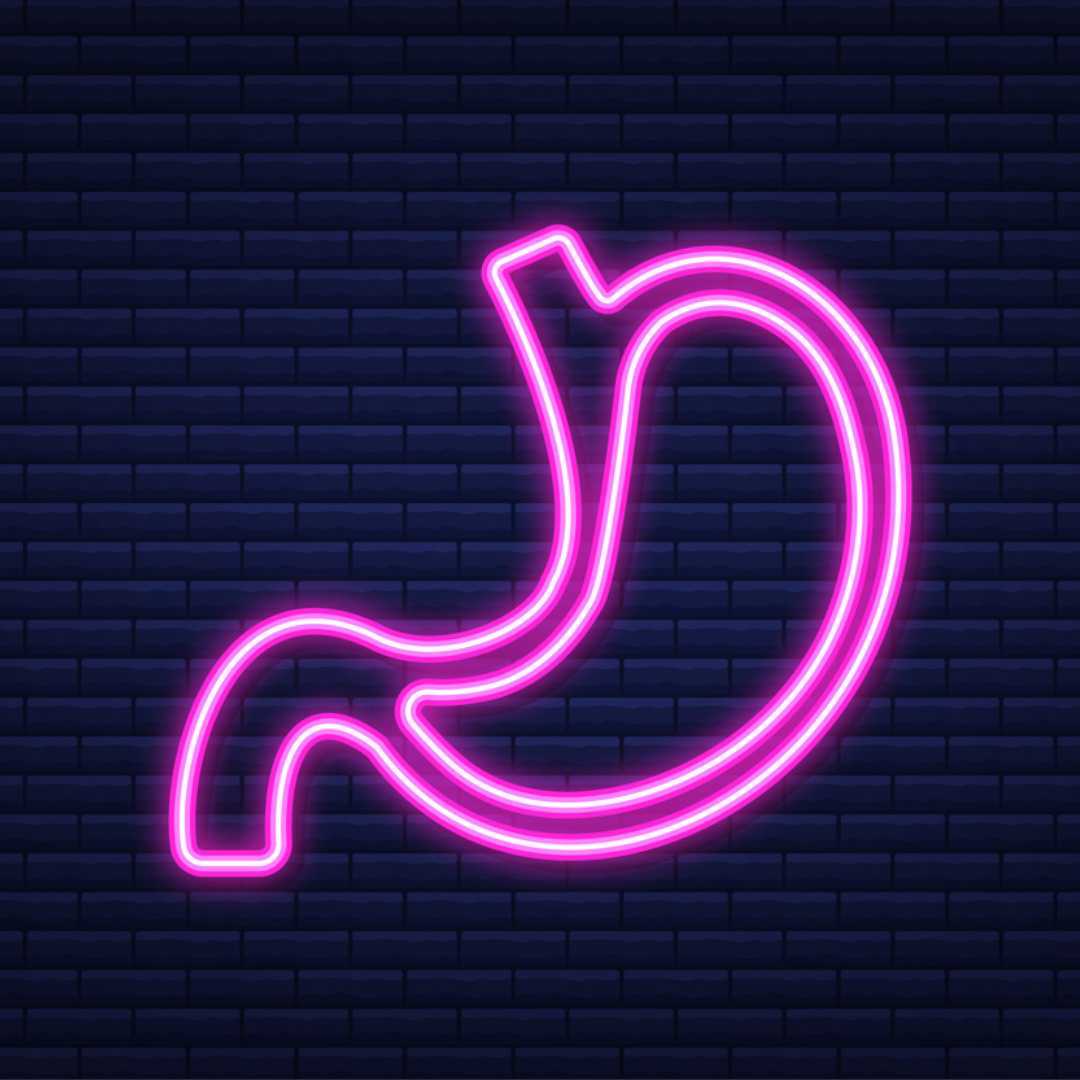


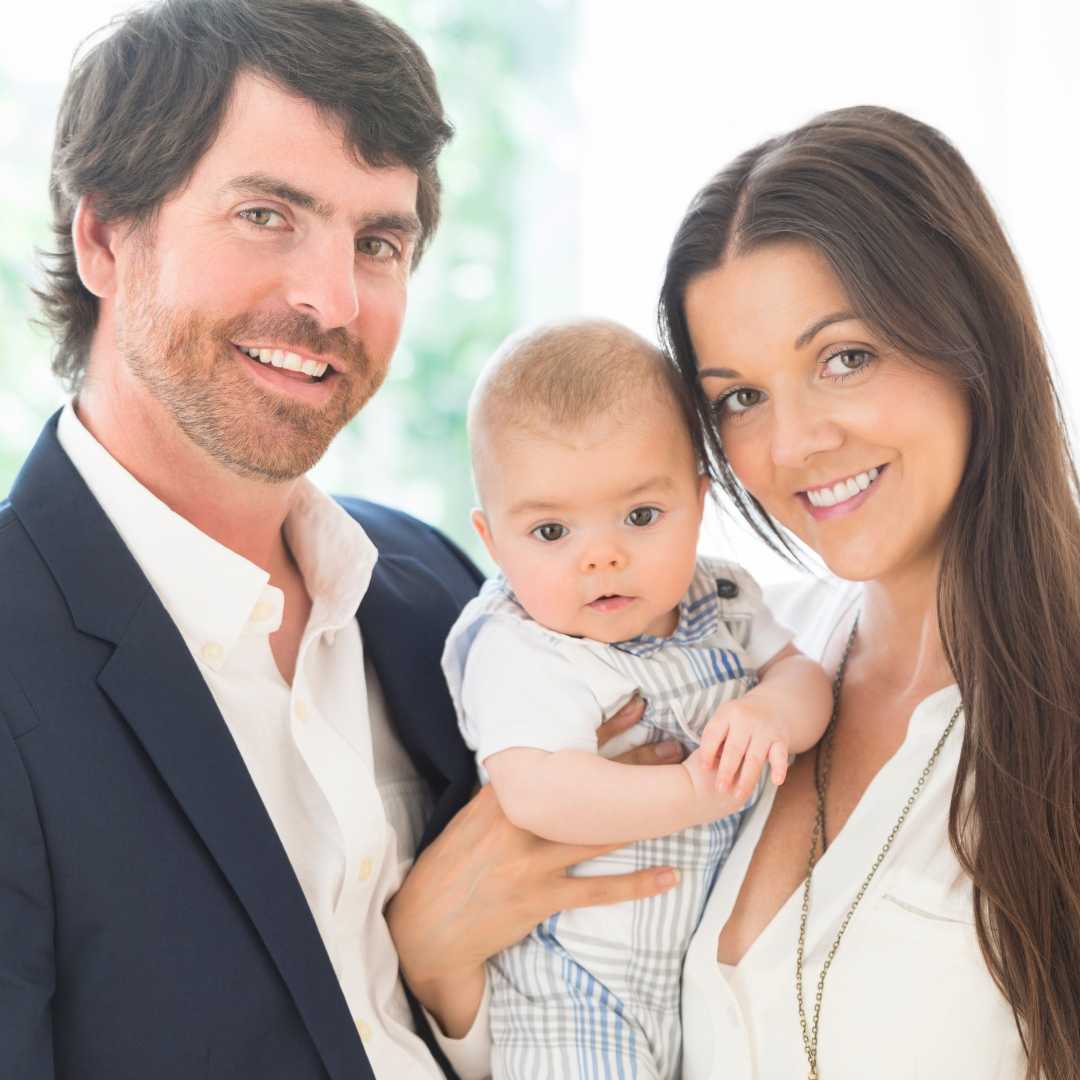


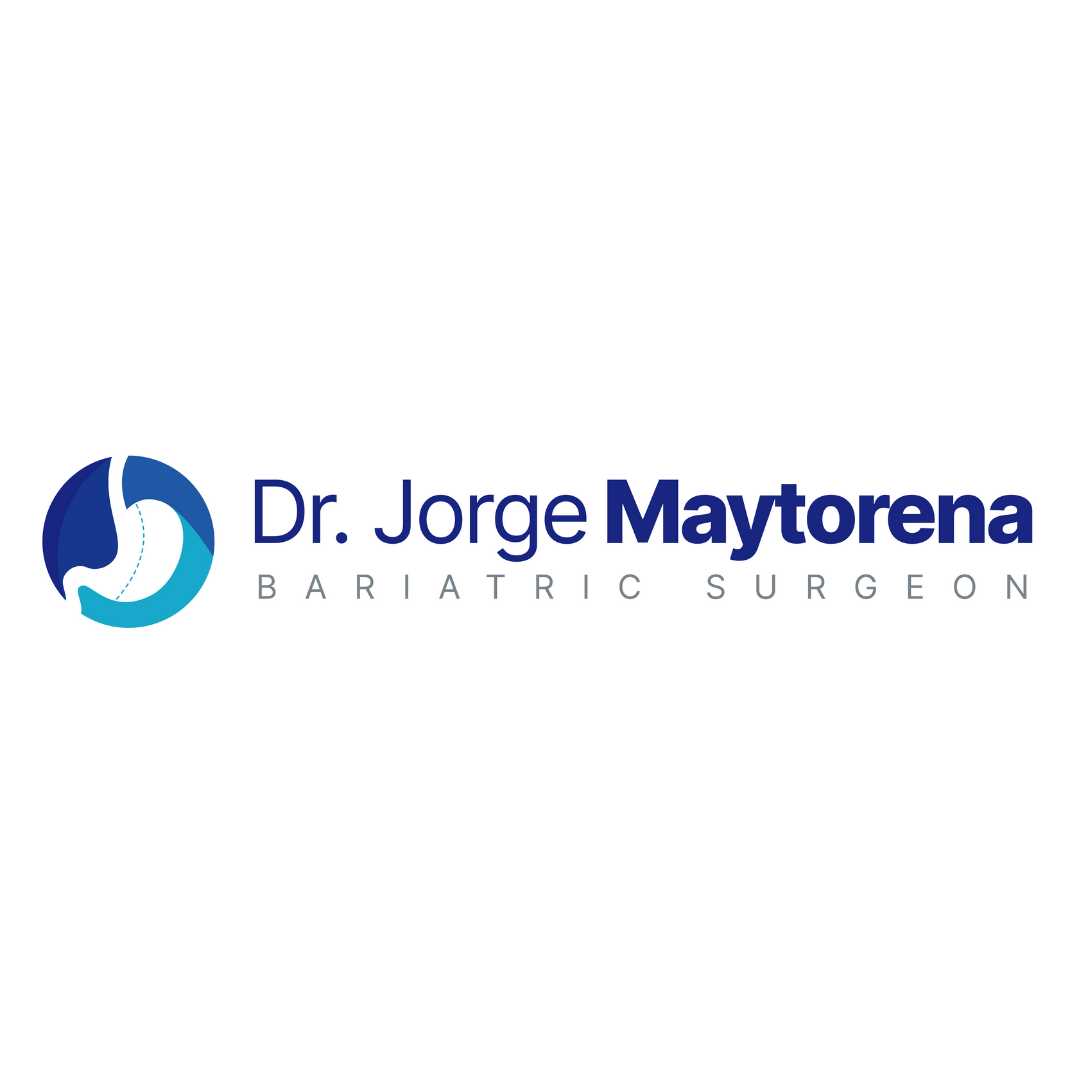

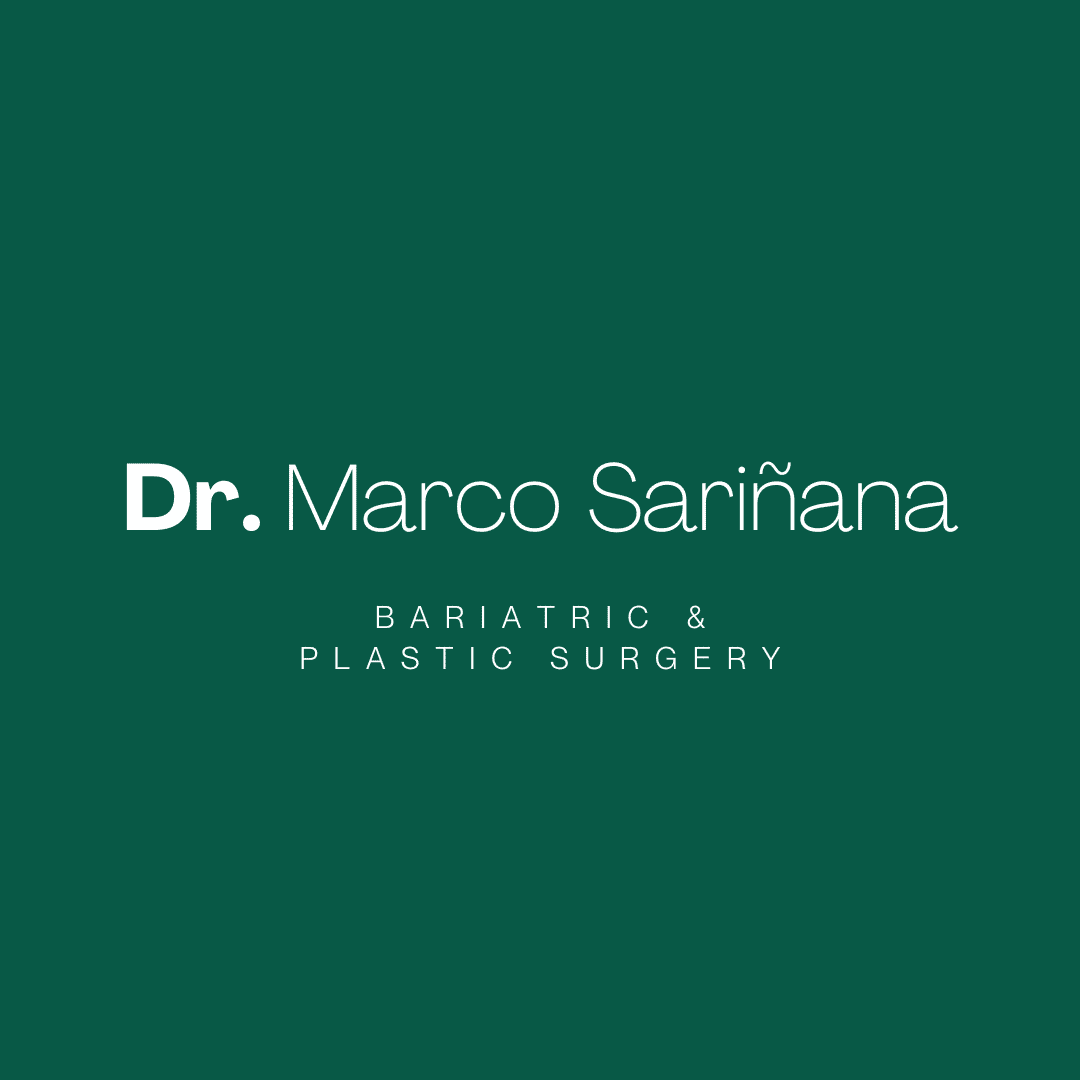

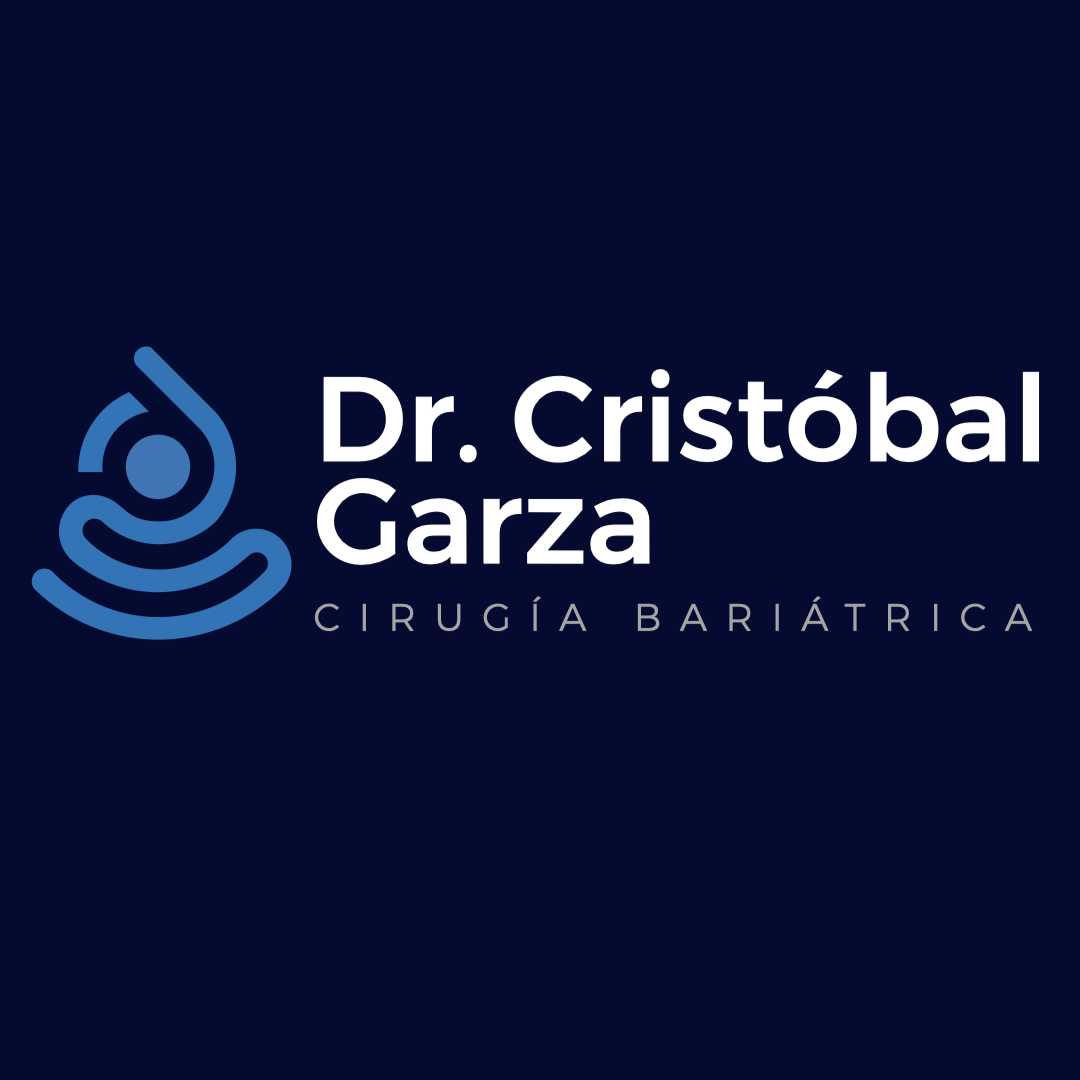

Share this listing